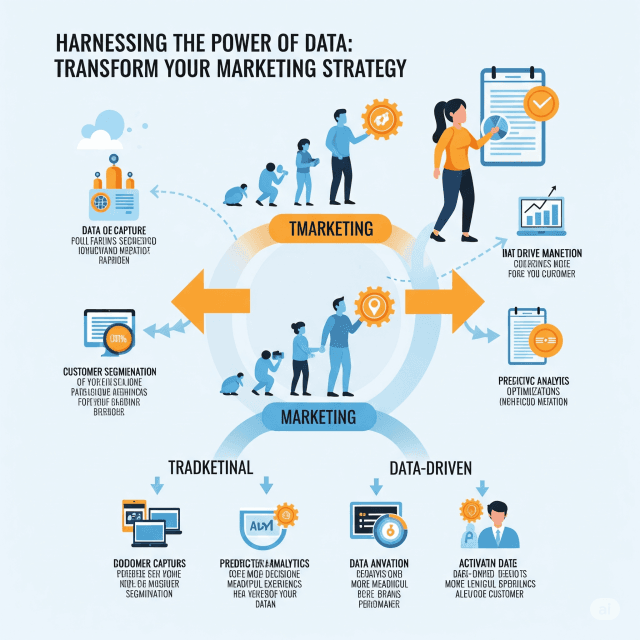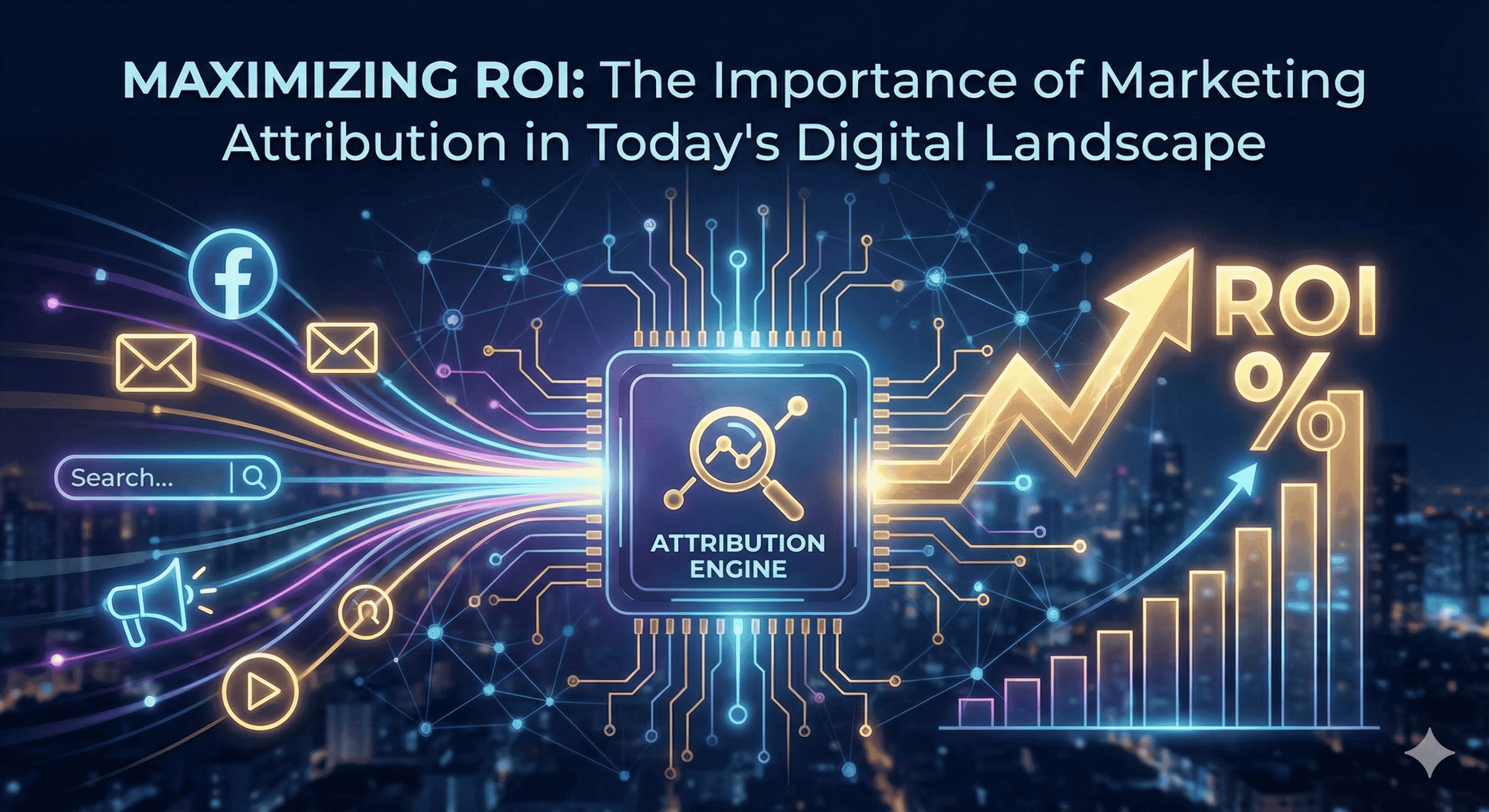In today’s fast-paced digital landscape, effective marketing is more data-driven than ever. The rise of big data has transformed how businesses approach their marketing strategies, enabling them to make informed decisions, personalize customer experiences, and optimize campaigns for better results. Here’s how you can harness the power of data to transform your marketing strategy.
Understanding the Importance of Data in Marketing
Data has become the lifeblood of successful marketing efforts. From customer behavior patterns to demographic insights, data provides actionable intelligence that can guide your marketing initiatives. By leveraging data, businesses can identify what resonates with their audience, allocate resources effectively, and improve overall campaign performance.
1. Collecting Relevant Data
The first step in transforming your marketing strategy is to collect the right data. This can be achieved through various channels:
Website Analytics: Tools like Google Analytics help track user behavior on your site, revealing insights about traffic sources, user demographics, and engagement levels.
Social Media Metrics: Platforms like Facebook, Twitter, and Instagram offer insights into audience engagement, preferences, and interactions.
Customer Feedback: Surveys, reviews, and polls offer qualitative data directly from customers, helping you understand their needs and perceptions.
- Sales Data: Analyzing purchase history can reveal customer preferences, helping tailor marketing efforts and identify upselling opportunities.
2. Analyzing Data Effectively
Once you have collected relevant data, the next step is to analyze it effectively. Use analytics tools to segment your audience based on different criteria such as demographics, purchase behavior, and preferences. This will allow you to identify trends and patterns that can inform your marketing decisions.
Data Visualization Tools
Utilizing data visualization tools (like Tableau or Google Data Studio) can help your team interpret complex data sets easily. These tools transform raw data into visual formats, making it simpler to identify insights at a glance.
3. Personalizing Marketing Efforts
One of the key benefits of data-driven marketing is the ability to personalize experiences for your audience. With insights gleaned from data analysis, you can create targeted campaigns that speak directly to specific segments of your audience.
Email Marketing
For instance, emails can be personalized based on past purchases, browsing behavior, or engagement levels. Personalized subject lines and content can significantly increase open rates and conversions.
Tailored Content
Use data to inform your content strategy. By understanding what topics resonate most with your audience, you can create relevant blog posts, social media content, and multimedia that drive engagement and build brand loyalty.
4. Optimizing Marketing Campaigns
Data not only aids in planning but also allows for ongoing optimization of marketing campaigns. Regularly monitor campaign performance metrics (such as click-through rates, conversion rates, and ROI) to understand what’s working and what’s not.
A/B Testing
Employ A/B testing to experiment with different versions of your ads, landing pages, or email campaigns. By analyzing which versions perform better, you can make data-driven decisions that enhance your marketing effectiveness.
5. Leveraging Predictive Analytics
Predictive analytics involves using historical data to forecast future outcomes. By identifying trends and patterns, businesses can anticipate customer behavior, enabling proactive marketing strategies. This can lead to better inventory management, optimized pricing strategies, and personalized customer outreach.
Conclusion
Harnessing the power of data is no longer optional—it’s essential for businesses aiming to thrive in a competitive market. By systematically collecting, analyzing, and applying data, you can transform your marketing strategy, foster stronger customer relationships, and drive significant growth. As you embark on this data-driven journey, remember that the ultimate goal is not just to gather data, but to leverage it to create meaningful connections with your audience.
In a world where every interaction counts, making data your ally will set your business apart from the competition, ensuring long-term success in your marketing efforts. Start today, and watch how data can transform your marketing landscape.







